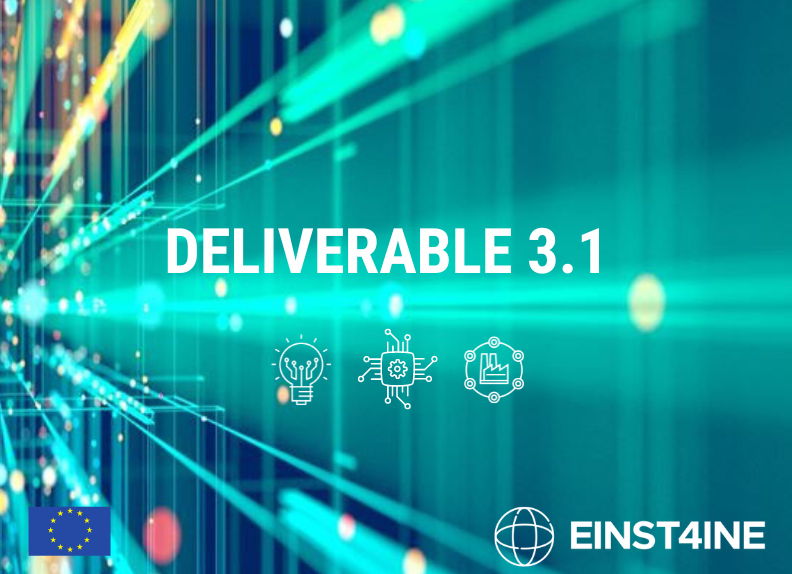
Industry 4.0 marks the fourth industrial revolution in manufacturing. This is a Cyber-physical systems revolution that augments the physical production lines with sensors and actuators that allow data gathering and digital controlling of the production. Doing so increases the flexibility of production plants, allowing mass customisation, i.e. customised products at a mass production scale. Furthermore, resources, including production assets and raw materials, can be used more efficiently. Many technologies contribute to this vision of the manufacturing of the future. While some technologies rely on advancements of proven technologies such as robots and IT infrastructure, others fundamentally change supply chain interactions and plant coordination. The technologies include: Cyber-physical systems, fusing the digital controlling with physical machines, internet of things, enabling real time sharing and accessing of data from devices, sensors and products, 5G, providing the infrastructure for communication of significant amounts of data with low latency, Big Data, collecting massive datasets which can be used for sophisticated tools to improve performance, simulation of processes and supply chains for better planning, evaluation and controlling, cloud computing, sharing computing resources in a network of devices, advanced robots, adding flexibility to robots and increasing their range of application, artificial intelligence, using data to aid in decision making and product designing processes, augmented reality, visualizing data conveniently to assist operators, additive manufacturing, a new way of creating parts layer by layer which allows the creation of complex geometries and blockchain, providing a transparent, distributed and secure infrastructure for data exchange.
The concept of industry 4.0 is ever-evolving with new (and unexpected) possibilities due to the interactions of the technologies mentioned above and the emergence of other technologies. Undoubtedly, the concept has now been partially realised, yet leaving substantial potential for significant change in manufacturing. However, as experienced during the last decade, this transition comes at the expense of added complexity. Hence intercompany interactions within and across traditional industries can no longer be fully understood using the traditional supply chain view but instead call for an ecosystem perspective.
Authors: Finn Tryggvason, Petra Nylund, Ferran Giones
Read Full Report: D3.1-EINST4INE

